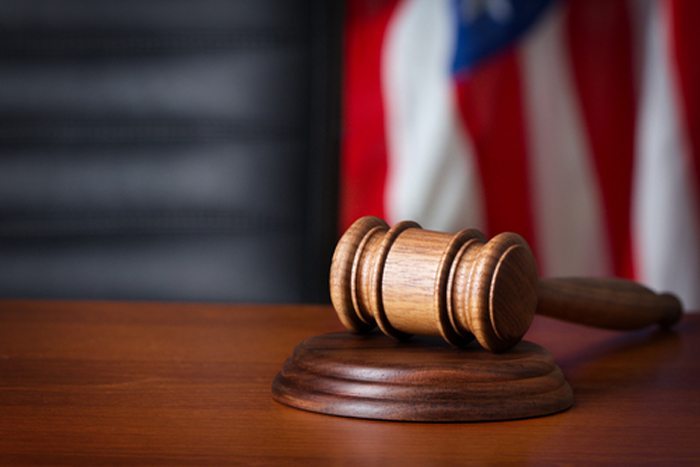Wisconsin Asks Roberts Court to Review Admitting Privileges Law
If the petition is granted, the Supreme Court could dramatically limit how abortion restrictions are challenged.

Attorneys for the State of Wisconsin have asked the Roberts Court to review a decision by the U.S. Court of Appeals for the Seventh Circuit preliminarily blocking a portion of a Wisconsin law that requires doctors performing abortions to have admitting privileges at nearby hospitals. The petition seeks review of the ruling that the requirement creates an undue burden on a woman’s right to choose abortion, but that’s not the main thrust of the petition. If attorneys for the state have their way, the Roberts Court could drastically limit who has standing to challenge abortion restrictions.
Normally, the courts do not allow third parties to challenge laws based on the violations of the constitutional rights of others. But in a 1976 Supreme Court opinion, a plurality of justices ruled that prohibition on third-party standing did not apply to abortion providers challenging a regulation that prohibited Medicaid funds from being spent on abortions. The justices in that case reasoned that abortion providers should be able to assert claims based on the rights of their patients because of the close relationship between a physician and patient, and the fact that there would be little lost in effective advocacy due to the difficulties women face in bringing challenges themselves.
Attorneys for the State of Wisconsin say that reasoning should not apply to cases like this one because abortion providers are challenging restrictions aimed at protecting maternal health. According to the state, when lawmakers regulate abortion based on “maternal health” concerns providers and patients no longer share a commonality of interest enough to allow doctors to challenge those restrictions on their behalf. “When maternal health regulations are challenged, abortion providers’ interests may not be aligned with their patients’ interests,” the petition reads.
“The court should grant the petition to develop clear limitations on an abortion providers’ right to represent the interest of their patients,” the petition states. “Abortion cases will proceed differently depending on whether abortion-seeking women or abortion providers control the litigation.”
Attorneys for the state also claim the Seventh Circuit ruling is in conflict with other circuit courts, like the U.S. Court of Appeals for the Fifth Circuit, on the question of whether requiring abortion providers to have hospital admitting privileges constitutes an “undue burden” on the right to an abortion. The Fifth Circuit allowed a similar Texas law to take effect while a legal claim to its constitutionality proceeded. In November 2013, the Supreme Court refused to intervene in that challenge.
“It is deeply disappointing that politicians in Wisconsin continue to waste taxpayer dollars to litigate these dangerous and unconstitutional laws,” said Teri Huyck, president and CEO of Planned Parenthood Advocates of Wisconsin, in a statement. “Far from protecting women’s health, the effect of this law if enacted would be to force an abortion later in pregnancy or cut off access to safe and legal abortion.”
There is no guarantee that the Roberts Court will grant the petition for review, and no timetable for them doing so—though the opportunity to narrow the issue of legal standing and who has the right to challenge abortion restrictions is one the conservative wing of the court is likely interested in. Were they to grant review and rule the way attorneys for the State of Wisconsin have asked, then doctors and clinics will no longer be able to file challenges to abortion restrictions lawmaker pass as “maternal health” restrictions. That leaves only patients, and only those with the financial means to bring a lawsuit. But with federal courts largely in agreement that these admitting privileges requirements are unconstitutional, and a recent spat of rejections by the Roberts Court of opportunities to further narrow abortion rights, it is still an uphill climb for the state to get its case before the high court.
Currently a trial on the constitutionality of the Wisconsin law is scheduled to start in district court in late May.

